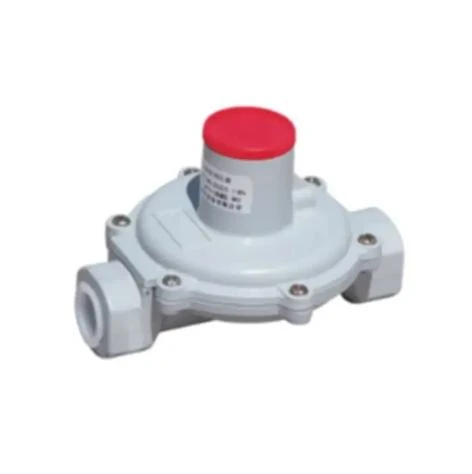
Nov . 16, 2024 23:45
Back to list
gas filtration
Gas Filtration A Comprehensive Overview
In an era marked by heightened environmental consciousness and the pursuit of cleaner industrial processes, gas filtration has emerged as an essential technology in various fields, including manufacturing, energy production, and waste management. Gas filtration systems are designed to remove particulates, pollutants, and harmful substances from gas streams, contributing to both air quality improvement and regulatory compliance.
Importance of Gas Filtration
The primary purpose of gas filtration is to ensure that emissions from industrial processes meet health and environmental standards. For industries including power generation, chemical manufacturing, and oil refineries, the release of unfiltered gases can lead to significant air pollution, directly affecting public health and the environment. Pollutants such as particulate matter, volatile organic compounds (VOCs), and hazardous air pollutants (HAPs) are often byproducts of industrial activities, and gas filtration systems play a critical role in capturing these contaminants before they are released into the atmosphere.
Mechanisms of Gas Filtration
Gas filtration systems utilize various mechanisms to separate particulates and gaseous pollutants from the gas stream. The most common types include
1. Mechanical Filters These filters rely on physical barriers to capture particles. They come in various forms, including bag filters and cartridge filters. Mechanical filtration is often effective for removing larger particles but may have limitations with smaller pollutants.
2. Electrostatic Precipitators (ESPs) ESPs use electrical charges to attract and remove particulates from the gas stream. When the gas passes through an ionized region, dust and particles acquire a charge and are subsequently attracted to collection plates. This technology is particularly effective in industries that generate fine particulate matter.
3. Scrubbers Scrubbing systems utilize liquid to remove gaseous pollutants from the gas stream. Wet scrubbers, for instance, inject a liquid solution that reacts with the gas pollutants, capturing them in the process. This method is widely used for controlling acid gases such as sulfur dioxide (SO2) and hydrogen chloride (HCl).
4. Adsorption Systems In adsorption processes, gas molecules adhere to the surface of solid adsorbents, such as activated carbon or zeolites. This method is particularly useful for removing volatile organic compounds and other trace pollutants.
gas filtration

Applications of Gas Filtration
Gas filtration finds application in a wide array of industries
- Power Generation Coal and natural gas power plants use gas filtration to minimize emissions of SO2, nitrogen oxides (NOx), and particulate matter. Implementing effective filtration can significantly reduce the environmental impact of energy production.
- Chemical Manufacturing The chemical industry produces numerous gases that can be harmful when released into the environment. Gas filtration serves to protect workers and the surrounding community by capturing harmful emissions before they escape into the atmosphere.
- Waste Management In waste-to-energy facilities, gas filtration systems purify flue gases produced during the combustion of waste materials. This is crucial for meeting stringent environmental regulations and ensuring that only clean emissions are released.
Technological Advances
Recent advancements in gas filtration technology have led to more efficient and cost-effective systems. Innovations such as nanomaterials for filters, advanced monitoring systems, and hybrid filtration technologies are enhancing the effectiveness of pollutant removal while reducing operational costs. Additionally, real-time data analytics enable operators to monitor emissions continuously and adjust filtration processes proactively, ensuring optimal performance and compliance.
Conclusion
Gas filtration is an indispensable technology in the quest for cleaner air and sustainable industrial practices. By effectively removing harmful pollutants from gas streams, filtration systems contribute to safeguarding public health and the environment. As industries continue to evolve and face stricter regulations, the importance of gas filtration will undoubtedly increase, prompting ongoing research and development in this critical field. In embracing these technologies, industries not only adhere to compliance standards but also participate in the global imperative of fostering a cleaner and healthier planet for future generations.
Latest news
-
Safety Valve Spring-Loaded Design Overpressure ProtectionNewsJul.25,2025
-
Precision Voltage Regulator AC5 Accuracy Grade PerformanceNewsJul.25,2025
-
Natural Gas Pressure Regulating Skid Industrial Pipeline ApplicationsNewsJul.25,2025
-
Natural Gas Filter Stainless Steel Mesh Element DesignNewsJul.25,2025
-
Gas Pressure Regulator Valve Direct-Acting Spring-Loaded DesignNewsJul.25,2025
-
Decompression Equipment Multi-Stage Heat Exchange System DesignNewsJul.25,2025

